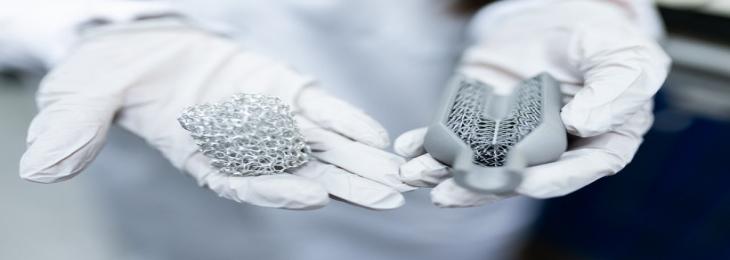Sponge Used In Long Range EVs Avoids Battery Failure
Aug, 2021 - By SMI

Share
The capacity of lithium-sulfur batteries has tremendous potential, and researchers in Japan have found a viable alternative to one of its main issues.
Lithium–sulfur batteries have enormous capacity, but the innate disturbances are a key barrier to wide ranging implementation, with the kind of energy density which smartphones may have over five days or electrical planes twice as far. Researchers in Japan have proposed a successful alternative to this issue by incorporating a new sponge substance that can withstand thousands of cycles safely by a lithium-sulfur battery technology demonstrator. Lithium-sulfur batteries are light in weight and offer up to 5x more power per weight in comparison with lithium-ion batteries, which provide so much power in today’s society that they are particularly good for use in electric vehicles.
For such devices, the power density is a crucial problem, with the electric vehicles, cars and especially aircraft restricted in the quantity of electricity available in their very massive rechargeable batteries. Researchers working on next-gen lithium-sulfur batteries have been explicitly aware of their potential but problems related to their stability can lead to quick deterioration of key components and a failure of the device promptly. The current findings by material researchers of the University of Applied Science and Technology at the Okinawa Institute is designed to establish polysulfides that decrease the lifespan of the battery considerably. A chemical process in the battery first generates lithium polysulfide in both the lithium and sulfur which is then dissolved rapidly in unsettled polysulfides.
Lithium polysulfide must be transformed into lithium sulfide or lithium persulfide as early as necessary in the ideal lithium-sulphur battery and the scientists believes that it has only created the huge rush. The researchers produced a porous spongy nanoscale from carbon nanotubes which was wrapped in a number of useful characteristics, titanium dioxide and titanium nitride. In comparison to variants without composite sponge substance, the consequent battery showed performance improvements with a shorter charge time, longer time among both charges, characterized by its high specific capabilities and pressingly, a longer total expected lifespan with a capability to withstand 200 cycles with no decrease in accuracy.
Share
Stratagem Market Insights
533 Airport Boulevard, Suite 400, Burlingame, CA 94010, United States
Delivery Center
403, 4th Floor, Bremen Business Center
Aundh, Pune, Maharashtra 411007
India
